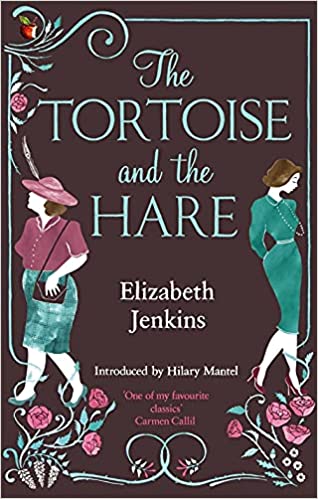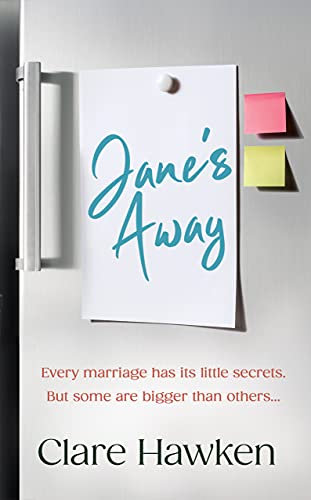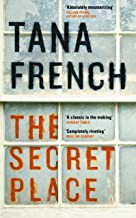All the Colours of the Dark is the third book I have read by Chris Whitaker, and I was particularly looking forward to this one. It had a huge amount of buzz surrounding it when it came out, and the reviews are stellar.
The story focuses on two main characters, Saint and Patch. They meet and develop a strong friendship when they are thirteen. Patch is missing an eye and wears an eye patch, and Saint sees him as a pirate figure due to his adventurous nature and fearlessness. They bond over their uniqueness – he the pirate, she the beekeeper.
As a teenager, Patch’s life changes forever one day when he hears a girl screaming and instinctively runs to help her. The rest of the novel is about how this event impacts his and Saint’s lives over the next twenty-odd years. Two other characters become woven into the picture, Misty Meyer, the girl Patch saves, and Grace, but I won’t tell you anymore for fear of spoilers.
This is not light reading. It is an extremely dark tale. However, there are brilliant moments of humour dotted throughout the book, and it is the characterization of not just Patch and Saint, but the other characters in the novel – Norma, Misty Meyer, Chief Nix, and others, who I became completely invested in.
The writing is brilliant, and Saint and Patch are such adorable characters, flaws and all, that I was rooting for them from the start.
This is a novel about the choices we make, the things we do for love, and coming to terms with the consequences of our decisions.
I felt it could have done with being 50 pages shorter, but overall, I loved it. A great read 8/10.
Breakdown by Cathy Sweeney
Where the novel above was incredibly long, this is a short novel.
A middle-aged woman (we are never told her name) wakes up one morning and, without any apparent forethought or planning, leaves her life never to return. She drives to the ferry in Ireland and goes to Wales.
She is a teacher and she contacts the school and her husband to let them know that she is safe and well, but that she has gone away. The book follows her inner thoughts, fears, and perceptions of what her life has become. She is adamant she is not having a breakdown, but the title of the book begs to differ!
What I loved about this book was the voice. Pared back, simple, and oh so effective!
I could feel her pain. I could identify with her thought of not being able to put on one more wash, or clean one more dirty dish, or pick up one more pair of socks.
What she gains is a sense of aliveness, a new sense of living. While there are definitely moments of despair, she drinks and sleeps a lot – she is finding out for the first time who she really is and what she actually wants for herself.
It’s freedom, it’s liberating, and it’s complicated.
I can imagine many women thinking she’s just a selfish, irresponsible woman. Not me! I applaud her every step. For we cannot spend our lives being what others want us to be. At some point, we have to find our own meaning and purpose beyond being a caretaker.
This is a book I will read again, and I highly recommend it. 9/10.











![Exciting Times: Longlisted for the Women's Prize for Fiction 2021 by [Naoise Dolan]](https://m.media-amazon.com/images/I/41WKtpcKh1L._SY346_.jpg)

